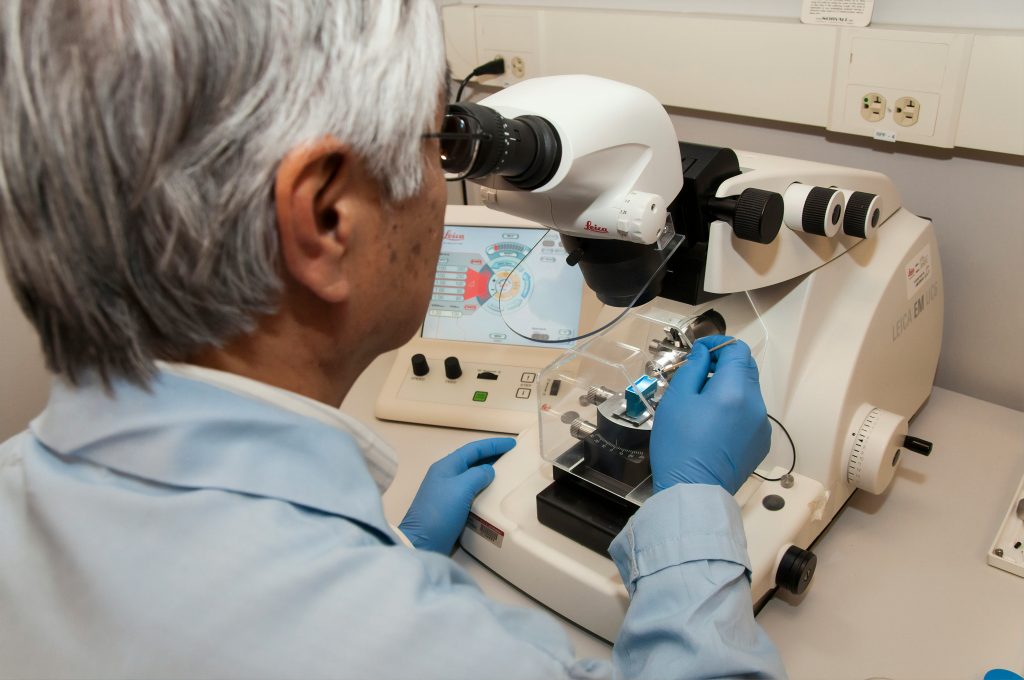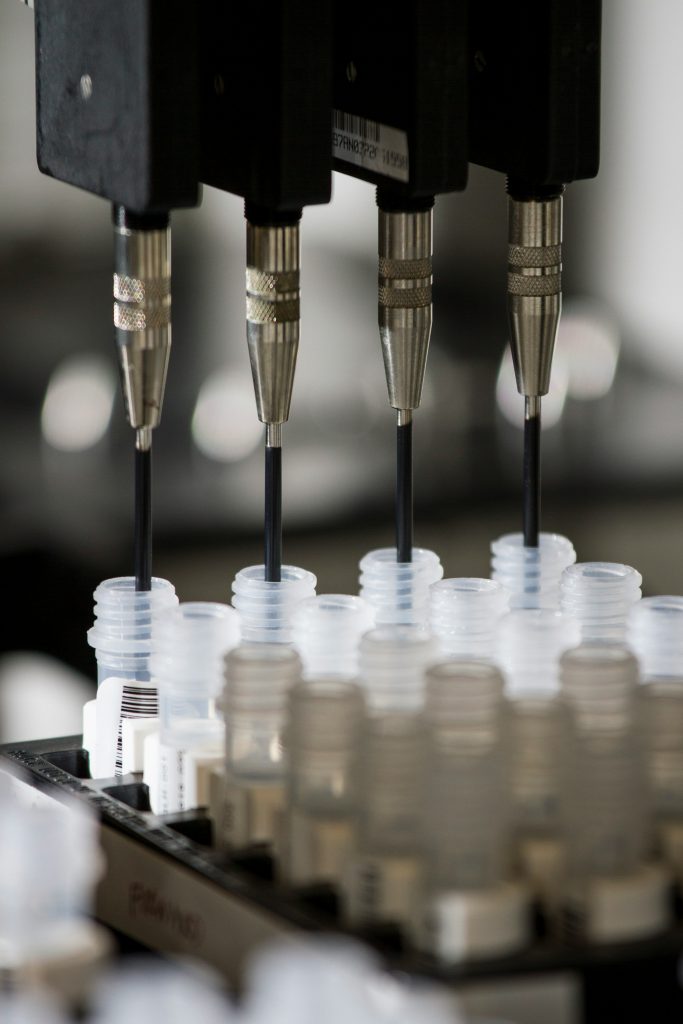The Ethical Implications of Genetic Engineering

Genetic engineering, a branch of biotechnology, has revolutionized the field of science and medicine. It involves manipulating an organism’s genetic material to alter its characteristics or introduce new ones. While this technology holds immense potential for improving human lives, it also raises ethical concerns. This essay will explore the ethical implications of genetic engineering, focusing on issues such as genetic manipulation of humans, designer babies, and the potential for inequality.
1. Genetic Manipulation of Humans:
One of the most significant ethical dilemmas associated with genetic engineering is the possibility of manipulating the genetic makeup of humans. This practice raises concerns about playing with nature and interfering with the natural course of evolution. Altering genes to enhance physical or intellectual traits can lead to a loss of diversity and create a society where certain traits are valued more than others.
2. Designer Babies:
Genetic engineering has opened up the possibility of creating “designer babies,” where parents can select specific traits for their children. While this may seem appealing to some, it raises ethical questions about the commodification of human life. It introduces the idea that children can be treated as products to be customized, potentially leading to a society where children are valued based on their genetic attributes rather than their inherent worth as individuals.
3. Inequality and Discrimination:
Genetic engineering has the potential to exacerbate existing social inequalities. If genetic enhancements become available only to those who can afford them, it could widen the gap between the rich and the poor. This could lead to a society where certain individuals have access to superior genetic traits, while others are left behind. Such a scenario would perpetuate discrimination and social injustice.
4. Unintended Consequences:
Another ethical concern surrounding genetic engineering is the potential for unintended consequences. Manipulating an organism’s genetic code is a complex process, and there is always a risk of unforeseen side effects. These unintended consequences could have severe implications for both the individual being genetically modified and the broader ecosystem. The long-term effects of genetic engineering on human health and the environment need to be thoroughly studied and understood before widespread implementation.
Genetic engineering presents a host of ethical implications that must be carefully considered. While it offers the potential for medical breakthroughs and improved quality of life, we must navigate these advancements with caution. It is crucial to establish robust ethical guidelines and regulations to ensure that genetic engineering is used responsibly and for the benefit of all humankind. Striking a balance between scientific progress and ethical considerations is essential to prevent unintended consequences and safeguard the principles of equality and justice in our society.


